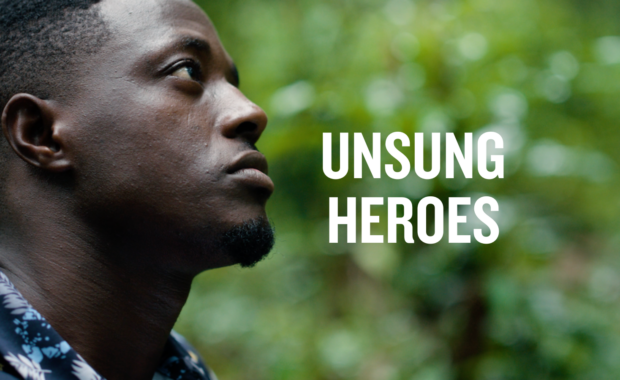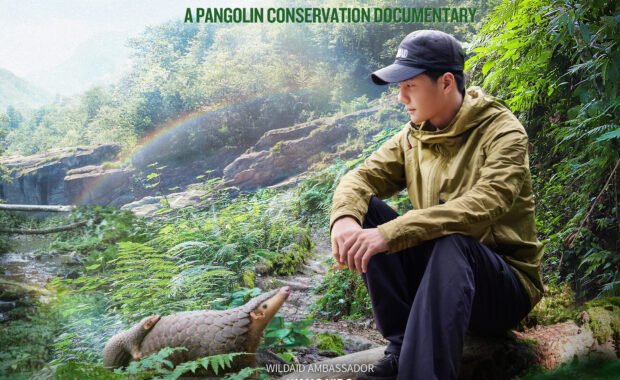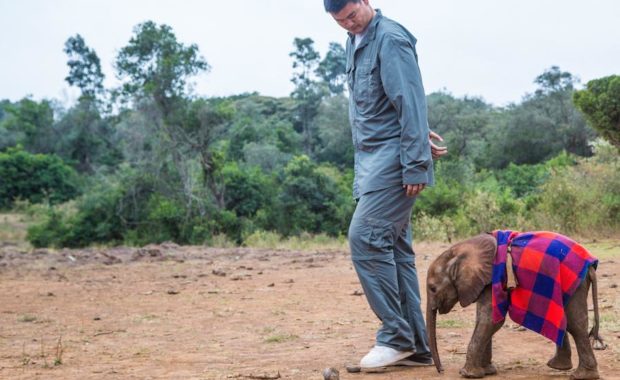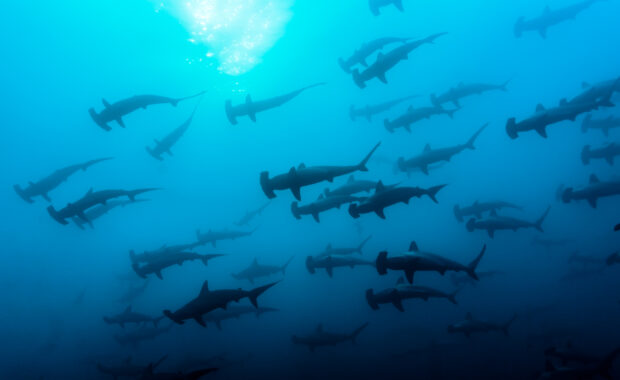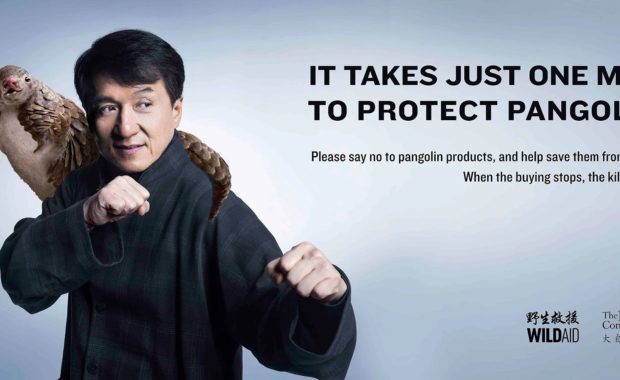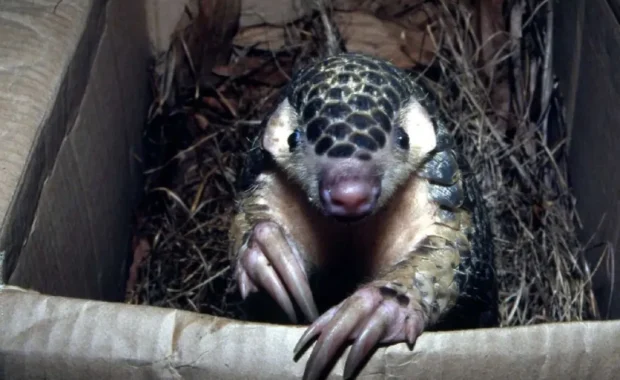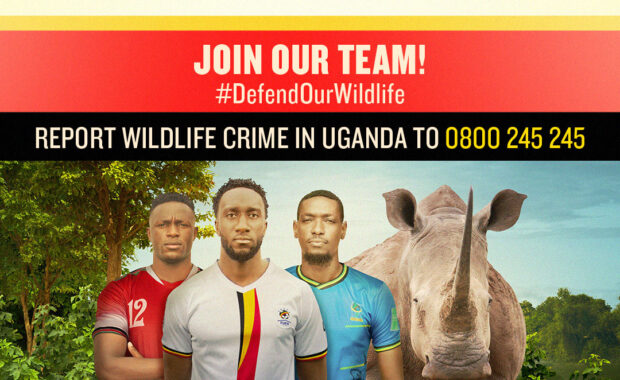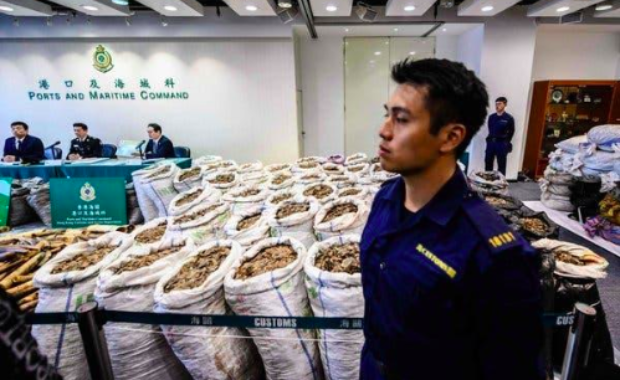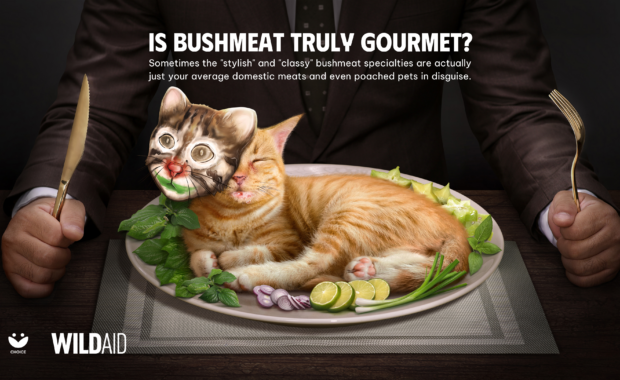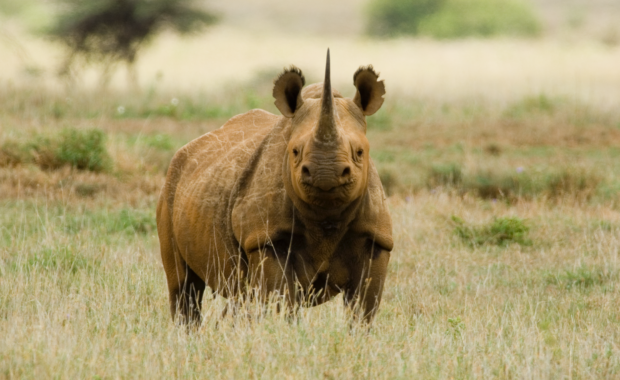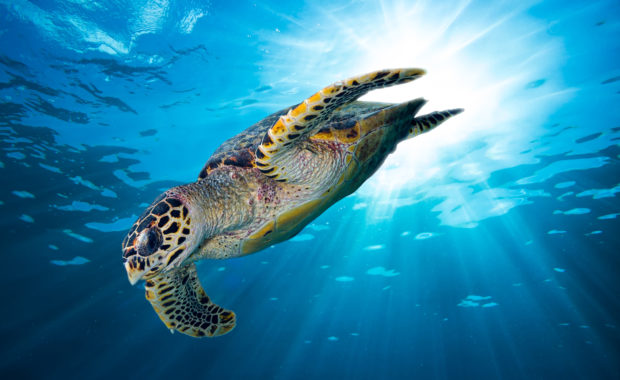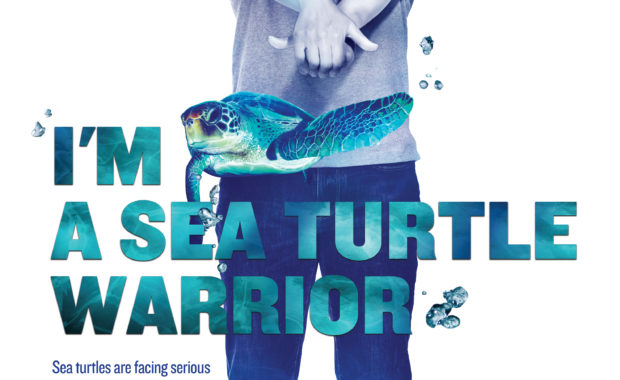Ending the illegal trade in wildlife
WildAid is on a mission to protect wildlife by reducing global consumption of wildlife products such as elephant ivory, rhino horn, bushmeat and shark fin soup while promoting sustainable choices. With an unrivaled portfolio of celebrity ambassadors and a global network of media partners, WildAid leverages hundreds of millions of dollars in annual pro-bono media support to share our messages.
Our behavior change campaigns feature carefully selected influencers to help inspire and shift cultural norms. Our messaging is tailored to reflect local culture and informed by meticulous research, including detailed surveys of public opinion and attitudes. Materials are regularly tested on focus groups, and adapted after listening to the public’s response, including on social media.
Our campaigns across China and Southeast Asia seek to reduce demand for wildlife products as well as promote sustainable consumer choices and support local conservation efforts. From wild meat to ivory to shark fins, we increase awareness of the risks of wildlife consumption and build support for all sectors to increase wildlife protection. And our method works!
WildAid’s ground-breaking campaign to raise public awareness about the ivory poaching crisis paved the way for the Chinese government’s landmark 2017 decision to ban the ivory trade, the greatest single step in safeguarding the future of the African elephant. Elephant poaching in Africa has since declined significantly.
Our campaign to reduce shark fin soup consumption in China has had an equally dramatic impact since it was first launched in 2006, reducing demand in that country by more than 80% in a decade. We are now making this difference in Thailand, where we have been able to reduce shark fin soup consumption by approximately 34% across the country over the course of our six-year campaign.
We are continuing to build public and government support for the conservation of marine and terrestrial animals and their habitats in China, Vietnam, and Thailand. Our targeted initiatives include addressing hotspot consumption areas in Vietnam and tackling shark consumption in newly identified critical regions of Thailand. In China, our presence remains prominent, bolstered by over $200 million in donated media space from our partners.
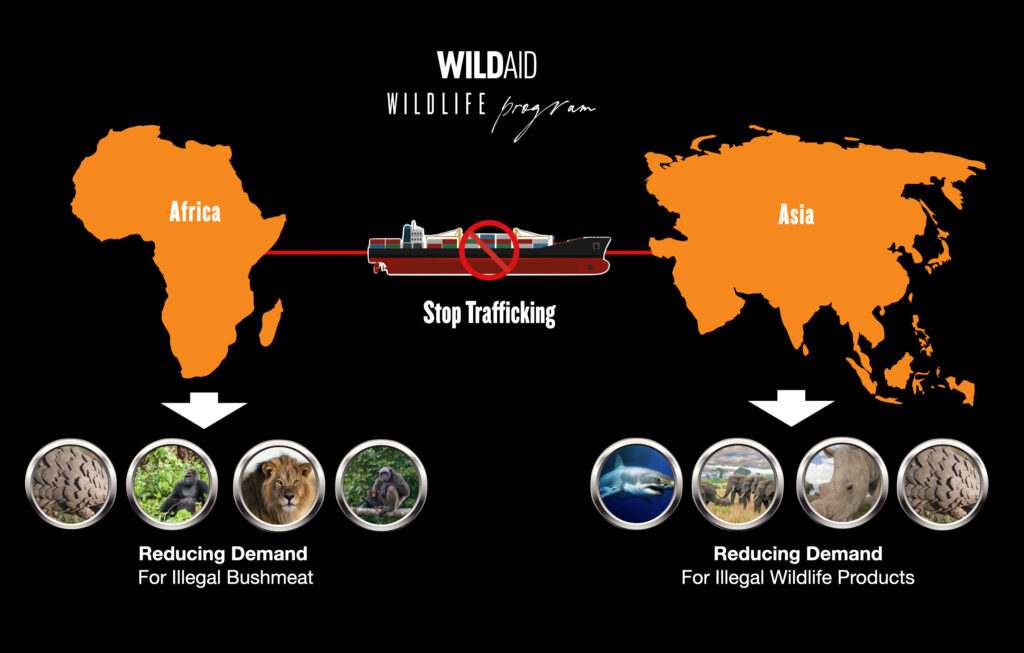
- 172
China closed all 172 ivory carving workshops and retail shops on Dec 31, 2017. - 80%
Shark fin consumption fell by more than 80% in China from 2011-2016. - 27%
The decline in urban consumption of pangolin meat in Cameroon since WildAid launched its “Say No to Pangolin Meat” campaign in 2022.
In Africa, we are focused on reducing urban demand for bushmeat, especially for protected and endangered species. The commercialized bushmeat trade has grown to unsustainable levels and is having a catastrophic impact on wildlife populations, as well as posing a significant zoonotic disease risk.
In Cameroon, our “Say No to Pangolin Meat” campaign is sharply raising awareness about the law banning the killing and trading of pangolins, boosting public support for the law, and reducing urban consumption of pangolin meat.
Our awareness campaigns also target key stakeholders, including law enforcement personnel, who can play a crucial role in preventing the illegal trade in wildlife. That ranges to training customs officials in China to inspiring port workers in East Africa to be on their guard against suspicious consignments.
Raising awareness, influencing societal norms, changing behavior, supporting stronger laws and encouraging stricter enforcement of law. It all comes together under our wildlife program to protect endangered species and key habitats.


